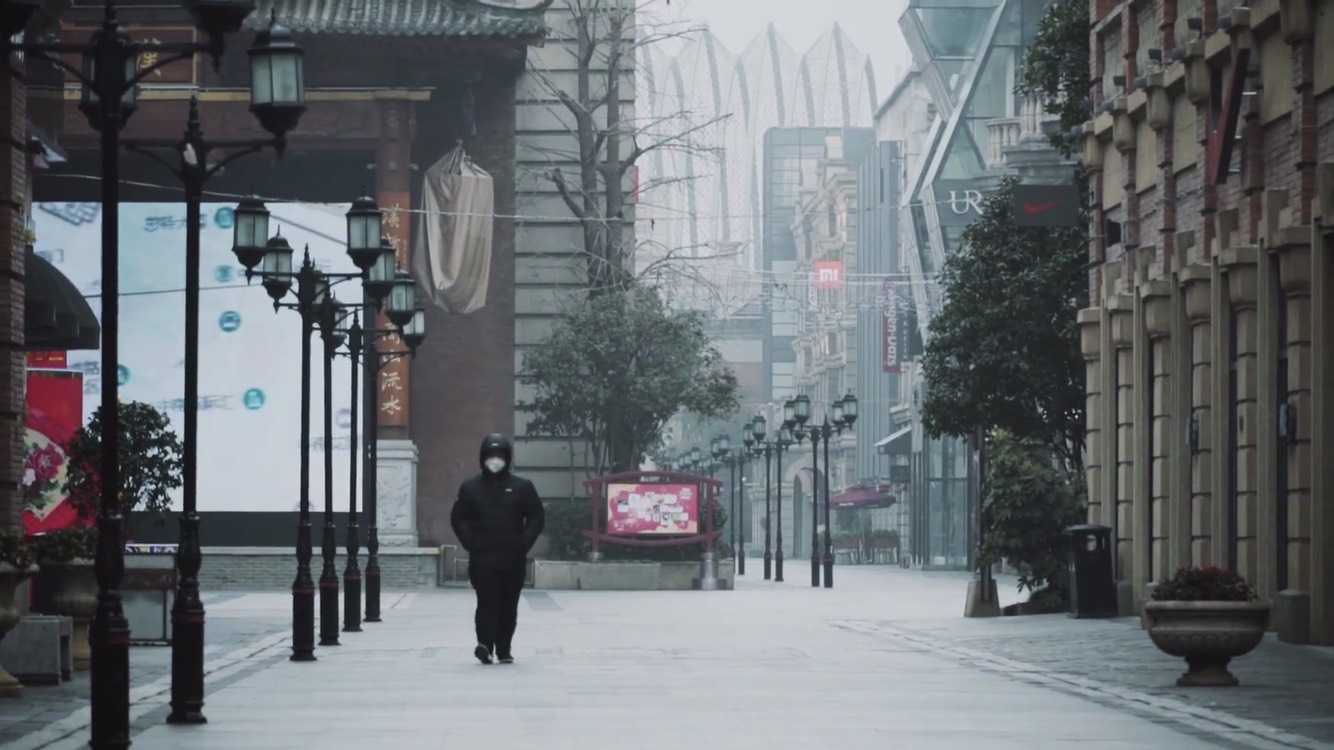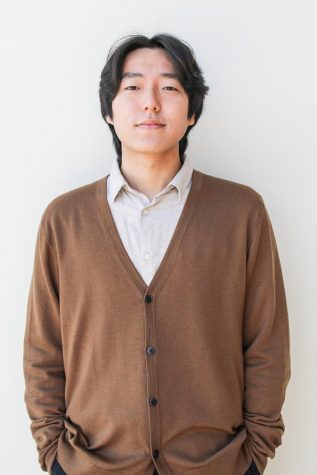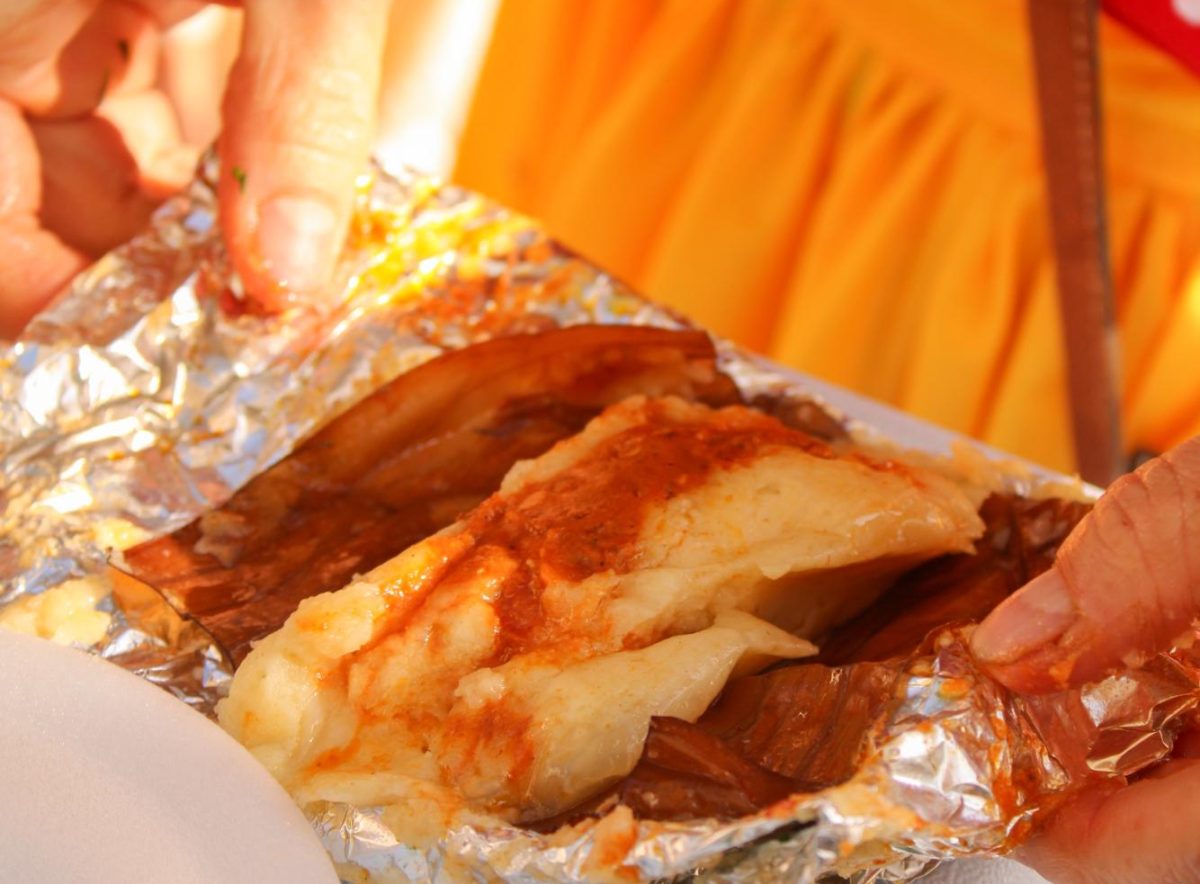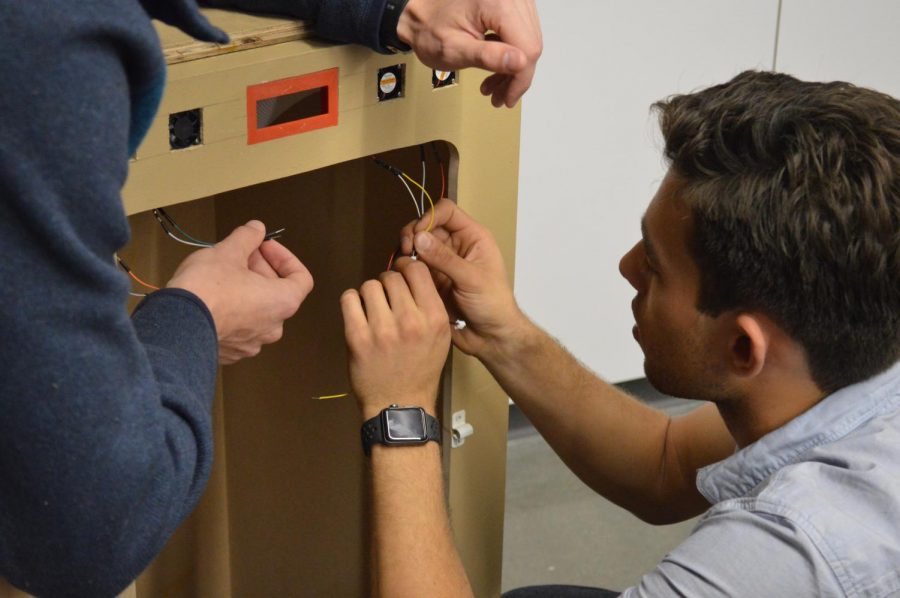(This story was originally published in print on Feb. 6, 2020).
A mysterious illness discovered in Dec. 2019 has now killed 565 people and infected over 28,273 globally, according to CNN. As the severity of the 2019 nov-coronavirus increases rapidly in China, the unexpected disease has impacted two Biola students’ families and friends who live in Wuhan, China, where the virus originated.
THE SPREAD
According to the New York Times, the virus was first found in the Huanan seafood market in Wuhan on Dec. 8, 2019. As sophomore computer science major Eric Jin grew up in the area, he still remembers the market during his years before college.
“The market was right beside my high school, it was ten meters away,” Jin said.
Despite the new infectious virus being found early in December, according to China Media Project, the Wuhan Health Commission had forced hospitals, clinics and other healthcare units to block the release of any information regarding treatment. As late as Dec. 31, the Wuhan government was stating that there had been no human-to-human transmissions and that no medical personnel had become infected. According to the New York Times, this left Wuhan’s 11 million residents unaware of the necessity of protection―Jin’s family being among these residents.
“I think [the health officials] knew, they sent some experts to get the information about the virus. They did, they got the sample, they even wrote a paper about it,” Jin said. “[But] the Wuhan government didn’t really make a big deal. They didn’t really reveal the actual numbers of death and infections.”
The New York Times wrote that after about seven weeks of suppressing information at the government’s behest, the media exploded on Jan. 20. The long-kept secret was finally revealed to the public, revealing numerous infections and deaths that the public had never heard about. As Wuhan’s residents were left in terror, Jin was in the United States at the time, only able to worry about them from afar.
“My parents would ask [my 7-year-old brother], ‘Are you scared?’ and he said, ‘No’ and my parents asked, ‘Why?’ and he said, ‘Because mom said God will protect us,’” Jin explained. “I was first so worried about my family and my friends.”
Luckily, Jin’s family had already been planning to visit his uncle’s house in Guilin―south of Wuhan―for the Chinese Lunar New Year on Jan. 25. Jin’s family was able to move out of the area a day before the city shut down.
While Jin’s family had escaped the province in time, his friends were still inside the city. As it shut down, Jin’s friends only had the option to self-isolate themselves in fear of facing infected neighbors. According to Jin, this fear resonates with most of the residents, turning his formerly crowded hometown into a ghost town.
“My hometown is sick now and I hope it gets well soon,” Jin said.
FIGHTERS OF THE VIRUS
Sophomore business management major Catherine Wei grew up in Wuhan and lived there until she was 18 years old.
Before the virus swept the city, Wei’s mother, who is a nurse, had plans to return during the Lunar New Year. But after the city shut down on Jan. 23, she had no other option but to continue working. Wei, who had moved back to Biola, remembers video calling her mother at work.
“As I looked at my mom wearing her nurse suit in the hospital, I just cried out,” Wei said. “At that time, I was cooking hot pot in [Sigma Hall’s kitchen] and I just cried out there and I just turned off the heat and went back to my room and cried for literally five minutes. [My mom] tried to make me calm down, [saying], ‘I’m fine, no more crying, no more worry, I’m super fine.’”
Wei’s elder cousin also lives in Wuhan and is a nurse battling the virus on the front lines. But lack of adequate supplies has left medical personnel at-risk to the contagious disease.
“My [elder] cousin was wearing a full covered protection and had a mask,” Wei described. “[But] she didn’t have protection for the eye. She should have the professional one, but no, probably the hospital didn’t give enough [supplies]. So my elder cousin was barely wearing glasses.”
Wei described how working as a nurse in Wuhan requires much more than expected.
“You can’t show [fear] because you have to work with patients. If you become afraid, the patient will be more nervous,” Wei said. “You just need to tell them to have faith, you need to tell them have courage, just got to trust everything’s going to be okay. But I know [my mom] must be nervous and afraid.”
But while her family is overseas fighting off the virus, Wei is at Biola, trying to work with her responsibilities as a student.
“As a person from Wuhan I thought, I don’t know what I should do, because I’m not only a person from Wuhan, I’m also a student here. I also have my schoolworks, all my homeworks, all my things I need to do. I feel afraid, I feel sad, but I’m still hoping that [Wuhan] could get better as time goes [by].”
THE WUHAN STRUGGLE
As residents from Wuhan, like Jin’s family, made it out before the shutdown, Wei says that Chinese citizens from other provinces are targeting Wuhan residents who are living in the other regions, complaining on social media.
“There are some people just shooting the picture of the license plate [with the Wuhan label] from their provinces, not from Wuhan, they just post saying, ‘Why [are these] Wuhan people still going out, I don’t want to [be affected by] the coronavirus,’” Wei said.
Jin conveyed his disappointment in how his family had to hide their vehicle in order to avoid any damage from the Chinese citizens that express hate or fear towards the Wuhan people.
“We are against the virus, not the people. We are isolating the virus, not the love. So, we should not isolate the love, but isolate the virus,” Jin said.
















